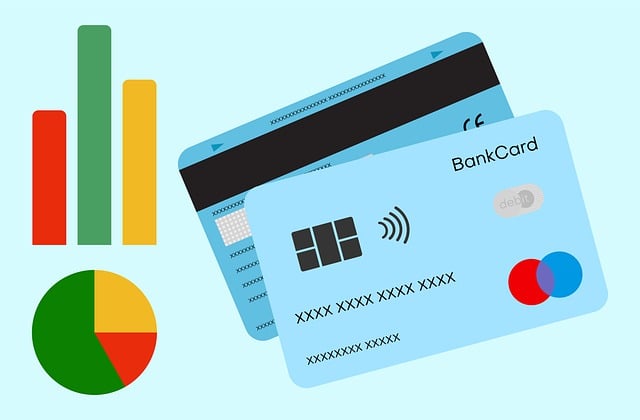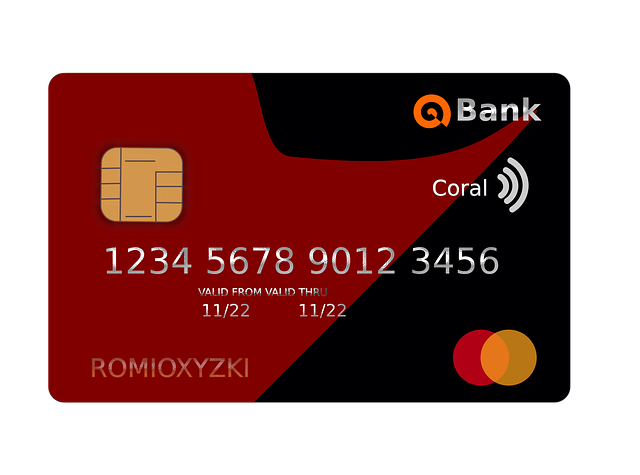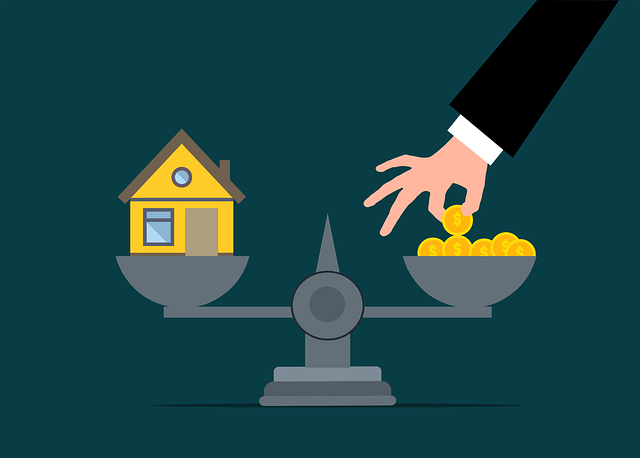In South Africa, managing personal debt is a significant concern, prompting many to explore debt consolidation loans as a solution. Credit scores play a pivotal role in securing these loans, influencing access to financial relief. This article demystifies credit scores and their impact on loan approvals, particularly focusing on South African banks offering debt consolidation options. We’ll guide you through the process, from understanding your creditworthiness to tips for effective debt management, empowering you to make informed choices among top banks providing these services.
- Understanding Credit Scores: What They Are and Why They Matter
- The Benefits of Debt Consolidation Loans for South Africans
- Which Banks in South Africa Offer Debt Consolidation Loans?
- Factors Influencing Bank Approval for Debt Consolidation Loans
- How to Improve Your Credit Score Before Applying for a Loan
- Tips for Effective Debt Consolidation and Repayment
Understanding Credit Scores: What They Are and Why They Matter

The Benefits of Debt Consolidation Loans for South Africans

For many South Africans, managing multiple debts can be a complex and stressful task. High-interest rates and varying repayment terms from different lenders often leave individuals struggling to keep up with their financial obligations. This is where debt consolidation loans step in as a valuable solution. By consolidating all existing debts into a single loan with a lower interest rate, these loans provide several key benefits. Firstly, it simplifies repayment by combining multiple payments into one manageable schedule, reducing the administrative burden and potential late fees associated with multiple lenders.
Secondly, debt consolidation can significantly save on interest costs over time. With a lower overall interest rate, borrowers can free up funds that were previously allocated to debt servicing, allowing for better financial flexibility. This is especially beneficial when considering which banks offer debt consolidation loans; South African institutions like Absa Bank, Standard Bank, and Nedbank have comprehensive debt relief programs in place, catering to diverse borrower needs. Additionally, consolidating debts can improve one’s credit score over time as it demonstrates responsible management of credit facilities, opening doors for future financial opportunities.
Which Banks in South Africa Offer Debt Consolidation Loans?

In South Africa, several banks offer debt consolidation loans as a financial solution for individuals seeking to manage multiple debts more effectively. Major commercial banks like Absa Bank, Standard Bank, and First National Bank (FNB) are known for providing this service. These institutions have established themselves as prominent players in the South African banking sector, catering to a wide range of lending needs, including debt consolidation.
When considering which banks offer debt consolidation loans, it’s beneficial to explore options based on factors like interest rates, loan terms, and additional benefits. Absa Bank, for instance, has various loan products designed to help clients consolidate debts, often with flexible repayment plans. Standard Bank also provides similar solutions, allowing borrowers to combine multiple debts into a single, manageable loan. FNB offers debt consolidation loans as part of its personal lending portfolio, attracting customers with competitive rates and accessible application processes.
Factors Influencing Bank Approval for Debt Consolidation Loans

When applying for debt consolidation loans from South African banks, several factors come into play that influence a bank’s decision to approve or deny your application. One of the key considerations is your credit score—a numerical representation of your financial history and reliability. Banks use this score to assess your ability to repay the loan. A strong credit history with timely repayments demonstrates financial responsibility, increasing your chances of securing approval for a debt consolidation loan at competitive rates.
Additionally, which banks offer debt consolidation loans plays a significant role. South African banks like Absa Bank, Standard Bank, and First National Bank (FNB) provide these loans, each with its own eligibility criteria and terms. Banks will evaluate your current debts, income, and overall financial situation to determine if you can manage the additional loan repayment while consolidating your existing debts. Demonstrating a consistent employment history and stable income further strengthens your application.
How to Improve Your Credit Score Before Applying for a Loan

Before applying for a debt consolidation loan from South African banks, it’s crucial to understand that your credit score plays a significant role in securing favourable terms and interest rates. A strong credit history demonstrates financial responsibility to lenders, making it easier to qualify for loans with better conditions.
To improve your credit score, start by checking your credit report for any errors or discrepancies from reputable credit bureaus. Ensure all information is accurate and dispute any incorrect entries. Pay all your bills on time; late payments can significantly damage your credit rating. Reduce your debt levels by creating a budget to manage spending and pay off high-interest debts first. Finally, consider using credit cards responsibly by keeping balances low and making timely payments to show positive payment history. Remember, building a strong credit score takes time, but it’s essential when seeking loans from banks offering debt consolidation options.
Tips for Effective Debt Consolidation and Repayment

When considering debt consolidation, it’s crucial to approach the process strategically for successful repayment. First, assess your overall financial situation and understand the interest rates offered by various South African banks that provide debt consolidation loans. Compare which banks offer competitive rates and suitable loan terms aligned with your debt profile. This step ensures you secure the best possible deal.
Next, create a strict repayment plan. Prioritize paying off high-interest debts first to minimize overall interest charges. Regularly review and adjust your budget to allocate adequate funds for loan repayments while covering daily expenses. Consider automated payments to avoid late fees and demonstrate responsible financial management. Remember, timely repayments can significantly impact your credit score positively, making it easier to access future loans.















